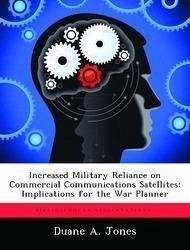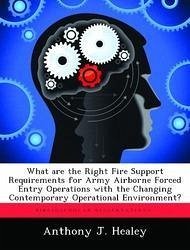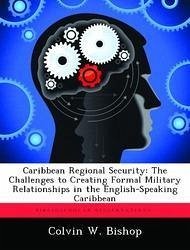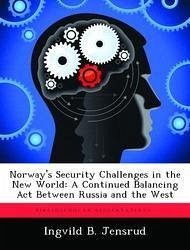Nicht lieferbar
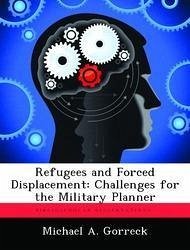
Refugees and Forced Displacement: Challenges for the Military Planner
Versandkostenfrei!
Nicht lieferbar
In 2009, conflict, violence and the fear of governmental persecution caused over forty-three million people worldwide, equivalent to the population of Canada, to leave their homes and seek safety elsewhere. Twenty-seven million displaced within their countries'; borders. The remaining fifteen million were refugees. They crossed international borders and entered a new country in order to seek safety. The conditions that produce refugees, inter and intra-state conflict, violence and persecution have always existed and will continue into the future. Events within the last twenty years have shown ...
In 2009, conflict, violence and the fear of governmental persecution caused over forty-three million people worldwide, equivalent to the population of Canada, to leave their homes and seek safety elsewhere. Twenty-seven million displaced within their countries'; borders. The remaining fifteen million were refugees. They crossed international borders and entered a new country in order to seek safety. The conditions that produce refugees, inter and intra-state conflict, violence and persecution have always existed and will continue into the future. Events within the last twenty years have shown that humanitarian measures alone are seldom enough to stabilize the environment, end the violence and reverse the conditions that produce large numbers of refugees. Where wide spread conflict, violence and persecution exist, more severe interventions such as military action may be necessary to stop the violence. For this reason, planners within the United States Department of Defense can expect to be involved with refugees. It is nothing new. Since the Second World War, American forces have assisted many groups: Hmong from Vietnam (1970s), Cuban asylum seekers (1980s), Haitian boat people (1990s), Iraqis after Desert Storm, and refugees from the Balkan conflicts (1990s). It should be obvious that American military officers, especially those in the military police and civil affairs field, should expect to help plan and administer such efforts in the future. Therefore, what are the critical factors planners should consider when directed to conduct operations in response to a refugee crisis? The list of tasks and considerations is long. Often they cross physical, jurisdictional and intellectual boundaries. This monograph will focus on six of the most important considerations that affect refugee situations. They include the role of refugee law, specifically, the Geneva Convention, the 1951 United Nations Convention Relating to the Status of Refugees, the 1967 Protocol Relating to






